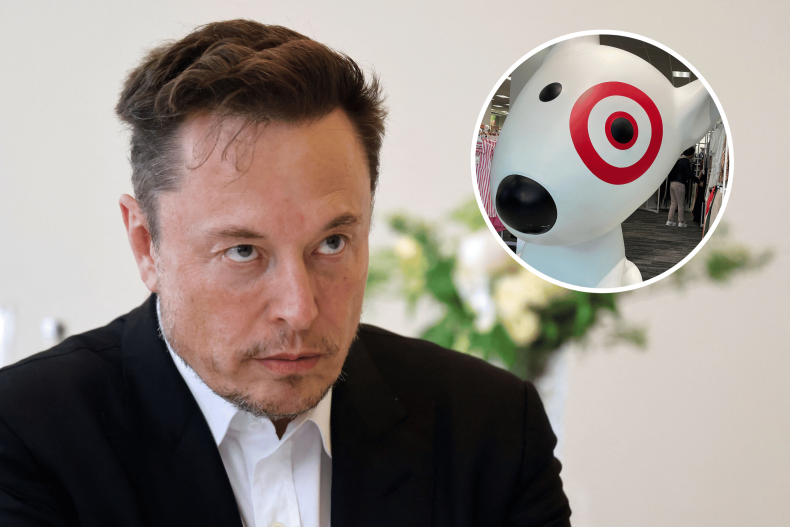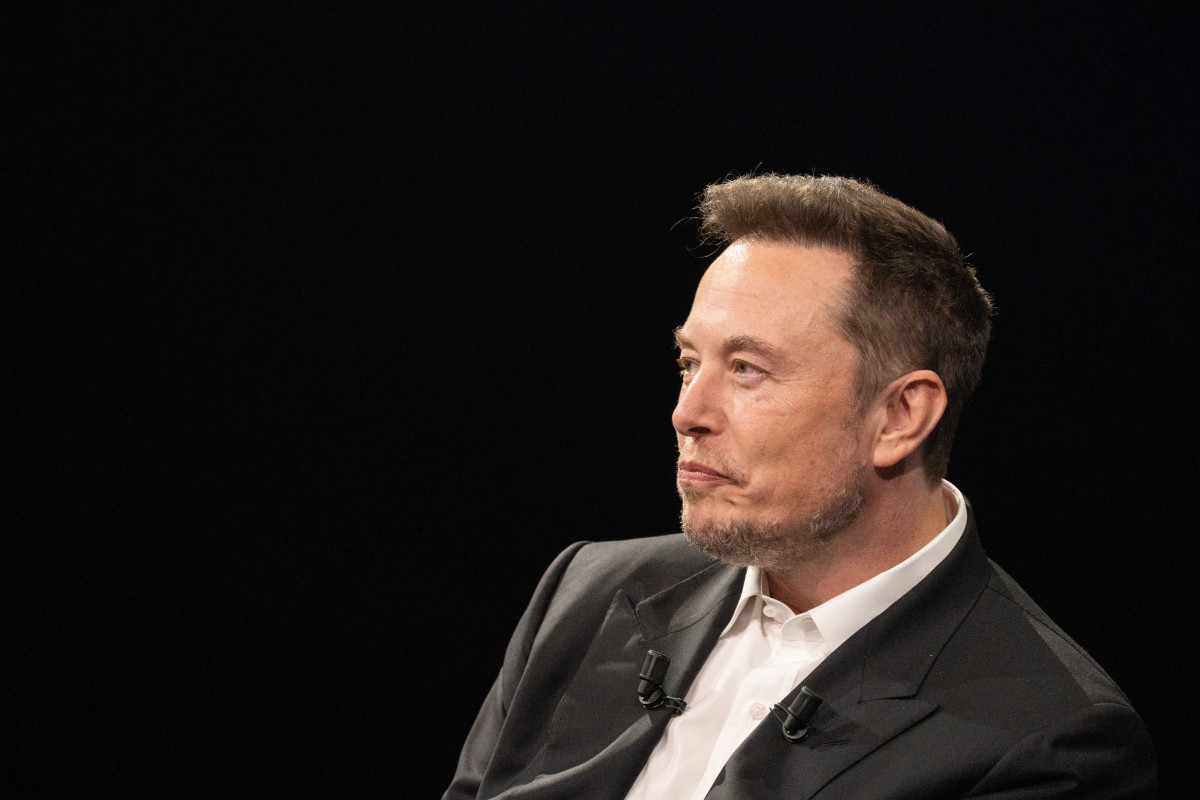Elon Musk is one of the most influential figures in the modern business world, but not everyone agrees with his practices or ideologies. If you're considering boycotting Musk, you're not alone. Many people have chosen to take a stand against his companies and business ventures. This guide will walk you through the steps to effectively boycott Musk and his enterprises.
Boycotting Musk involves more than just avoiding his products. It requires a well-thought-out strategy that aligns with your values and goals. Whether it's Tesla, SpaceX, Twitter, or Neuralink, understanding the scope of Musk's influence is crucial. In this article, we'll explore how to boycott Musk responsibly and effectively.
This guide will provide actionable steps, insights, and resources to help you navigate the process of boycotting Musk. By the end, you'll have a clear understanding of what it entails and how to implement it in your daily life.
Read also:Keshia Knight Pulliam Net Worth 2025 Exploring The Wealth Of A Beloved Icon
Table of Contents
- Elon Musk Background
- Why Boycott Musk?
- Identifying Musk's Companies
- Boycott Strategy
- Finding Alternatives
- Making It a Community Effort
- Ethical Considerations
- Measuring Success
- Challenges You May Face
- Conclusion
Elon Musk Background
Early Life and Career
Elon Musk was born on June 28, 1971, in Pretoria, South Africa. From a young age, Musk demonstrated a keen interest in technology and entrepreneurship. His early ventures included founding Zip2, a web software company, and later co-founding PayPal. These successes laid the foundation for his future endeavors.
Key Achievements
Musk's career is marked by several groundbreaking achievements:
- Founding SpaceX, revolutionizing space travel
- Leading Tesla, transforming the electric vehicle industry
- Purchasing Twitter, reshaping social media
- Investing in Neuralink, advancing brain-computer interfaces
Why Boycott Musk?
Boycotting Musk can stem from various reasons, including ethical concerns, labor practices, environmental impacts, and personal beliefs. Understanding the rationale behind your decision is essential for maintaining consistency and purpose in your boycott.
Some common reasons for boycotting Musk include:
- Concerns over Musk's influence on social media policies
- Disagreements with Tesla's labor practices
- Environmental concerns related to Tesla's supply chain
- Philosophical opposition to Musk's vision for the future
Identifying Musk's Companies
Elon Musk's influence spans multiple industries. To boycott Musk effectively, it's crucial to identify all the companies he owns or has significant control over. Here's a list of the major enterprises associated with Musk:
- Tesla
- SpaceX
- Twitter (X)
- Neuralink
- The Boring Company
Boycott Strategy
Step-by-Step Guide
Developing a boycott strategy involves several key steps:
Read also:Exploring The Rise And Impact Of Kecalf Cunningham
- Research: Gain a thorough understanding of Musk's companies and their products.
- Define Your Goals: Clearly outline what you hope to achieve through the boycott.
- Identify Alternatives: Find viable alternatives to Musk's products and services.
- Spread Awareness: Educate others about the reasons for your boycott.
Practical Tips
Here are some practical tips to enhance your boycott efforts:
- Avoid purchasing products from Musk's companies.
- Advocate for ethical alternatives in your community.
- Engage in discussions to raise awareness about the boycott.
Finding Alternatives
One of the most effective ways to support a boycott is by finding alternatives to Musk's products and services. For example:
- Instead of Tesla, consider electric vehicles from other manufacturers like Rivian or Ford.
- For social media, explore platforms like Mastodon or Bluesky.
- When it comes to space exploration, support organizations like NASA or Blue Origin.
Making It a Community Effort
Joining Forces
Boycotts are more effective when they involve a collective effort. Engage with like-minded individuals and groups to amplify your impact. Social media, community events, and online forums can be powerful tools for organizing and spreading awareness.
Building Alliances
Collaborate with organizations and advocacy groups that share your values. By pooling resources and expertise, you can create a stronger, more unified front against Musk's influence.
Ethical Considerations
When boycotting Musk, it's important to consider the ethical implications of your actions. Ensure that your boycott aligns with your core values and does not inadvertently harm others. For instance, avoiding Tesla may mean supporting a competitor that has better labor practices but less sustainable products.
Measuring Success
Measuring the success of a boycott can be challenging, but there are several indicators to watch for:
- Decreased sales or market share for Musk's companies
- Increased adoption of alternatives
- Raised awareness and public discourse about the issues
Tracking these metrics can help you assess the effectiveness of your efforts and adjust your strategy as needed.
Challenges You May Face
Boycotting Musk is not without its challenges. Some common obstacles include:
- Resistance from those who support Musk's vision
- Limited availability of alternatives
- Difficulty in maintaining long-term commitment
Anticipating these challenges and developing strategies to overcome them can increase the likelihood of success.
Conclusion
Boycotting Musk requires careful planning, commitment, and a clear understanding of your goals. By following the steps outlined in this guide, you can make a meaningful impact on the businesses and practices you oppose. Remember, the success of a boycott often depends on collective action, so don't hesitate to involve others in your efforts.
We encourage you to share this article with friends, family, and colleagues who may be interested in joining the movement. Your feedback and engagement are valuable, so feel free to leave a comment or explore other articles on our site for more insights on ethical consumerism and activism.


